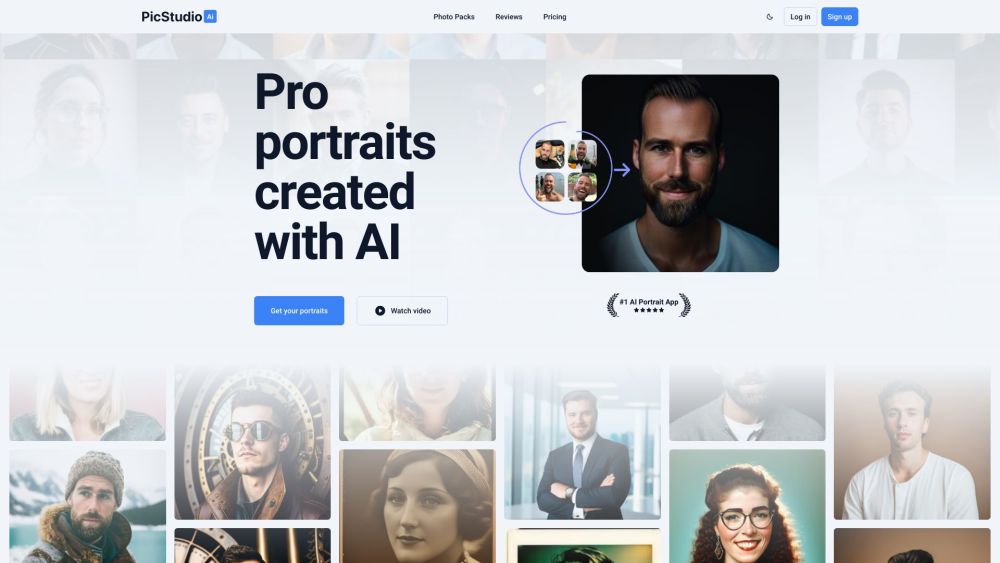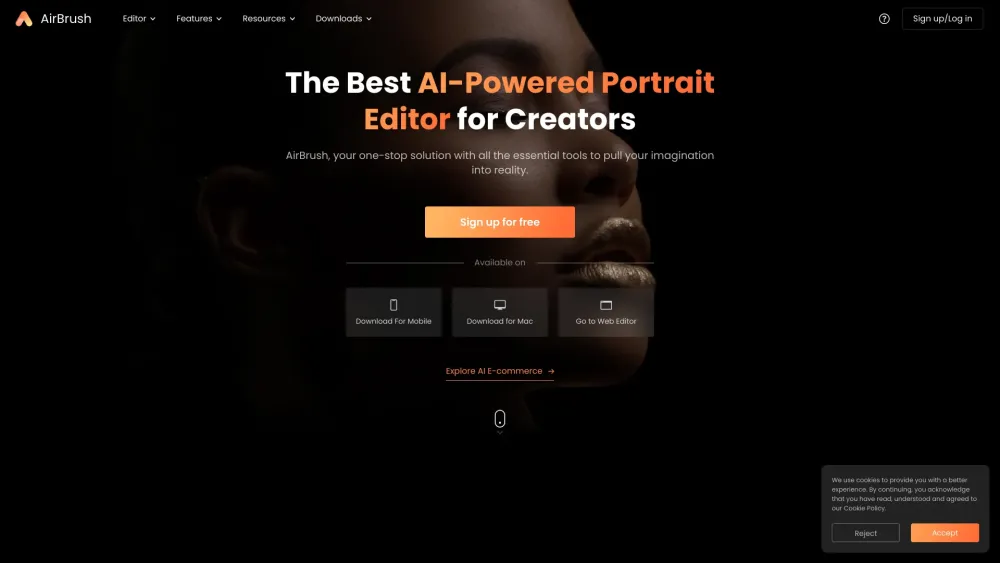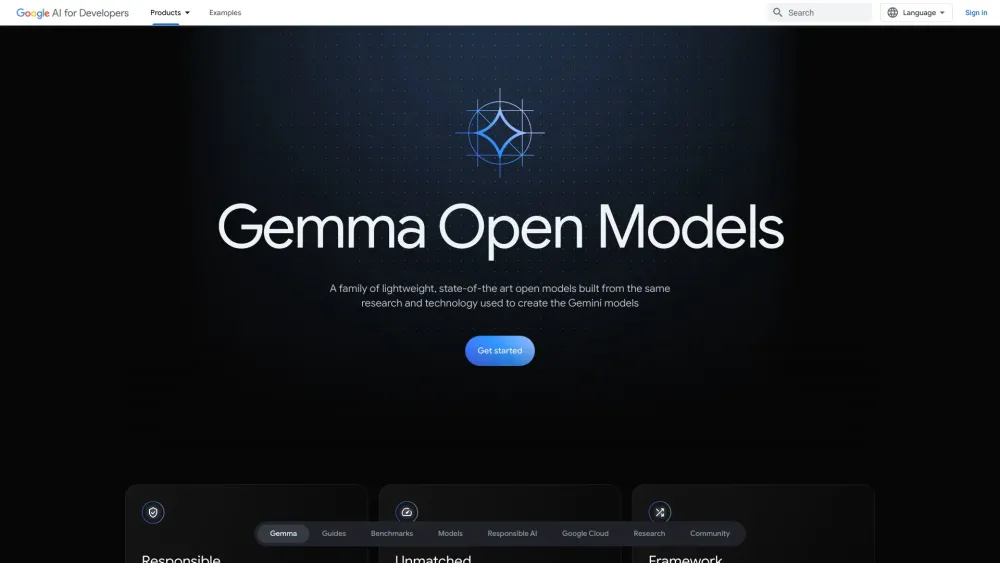AI-Driven Misinformation Shakes Up Big Four Consulting Firms
Most people like

Transform your photos into stunning professional portraits in just minutes with advanced AI technology. Discover how easy it is to elevate your images and create eye-catching visuals that stand out. Perfect for social media, personal branding, or special occasions, our AI-powered solution delivers exceptional results quickly and effortlessly.

Transform and perfect your photos effortlessly with AirBrush – the ultimate photo editing app! Whether you're looking to add a professional touch or simply polish your snapshots, AirBrush provides powerful tools for retouching. Discover the ease of enhancing your images today!

Open-source language models have revolutionized the way we interact with artificial intelligence, making powerful tools accessible to developers and researchers alike. By allowing collaboration and customization, these models empower users to refine and adapt AI technologies for their specific needs. With a plethora of open-source options available, understanding their potential and applications is crucial for anyone interested in harnessing the benefits of AI. Explore how these innovative models can enhance your projects and drive advancements in various fields.

Introducing the Celebrity AI Voice Generator: Unleash the Fun and Pranks!
Transform your conversations and elevate your pranking game with our innovative Celebrity AI Voice Generator. Create hilarious moments and surprises by mimicking your favorite celebrities' voices effortlessly. Whether you're looking to bring laughter to a friend or craft unforgettable pranks, our easy-to-use tool allows you to have fun with celebrity impersonations like never before!
Find AI tools in YBX

